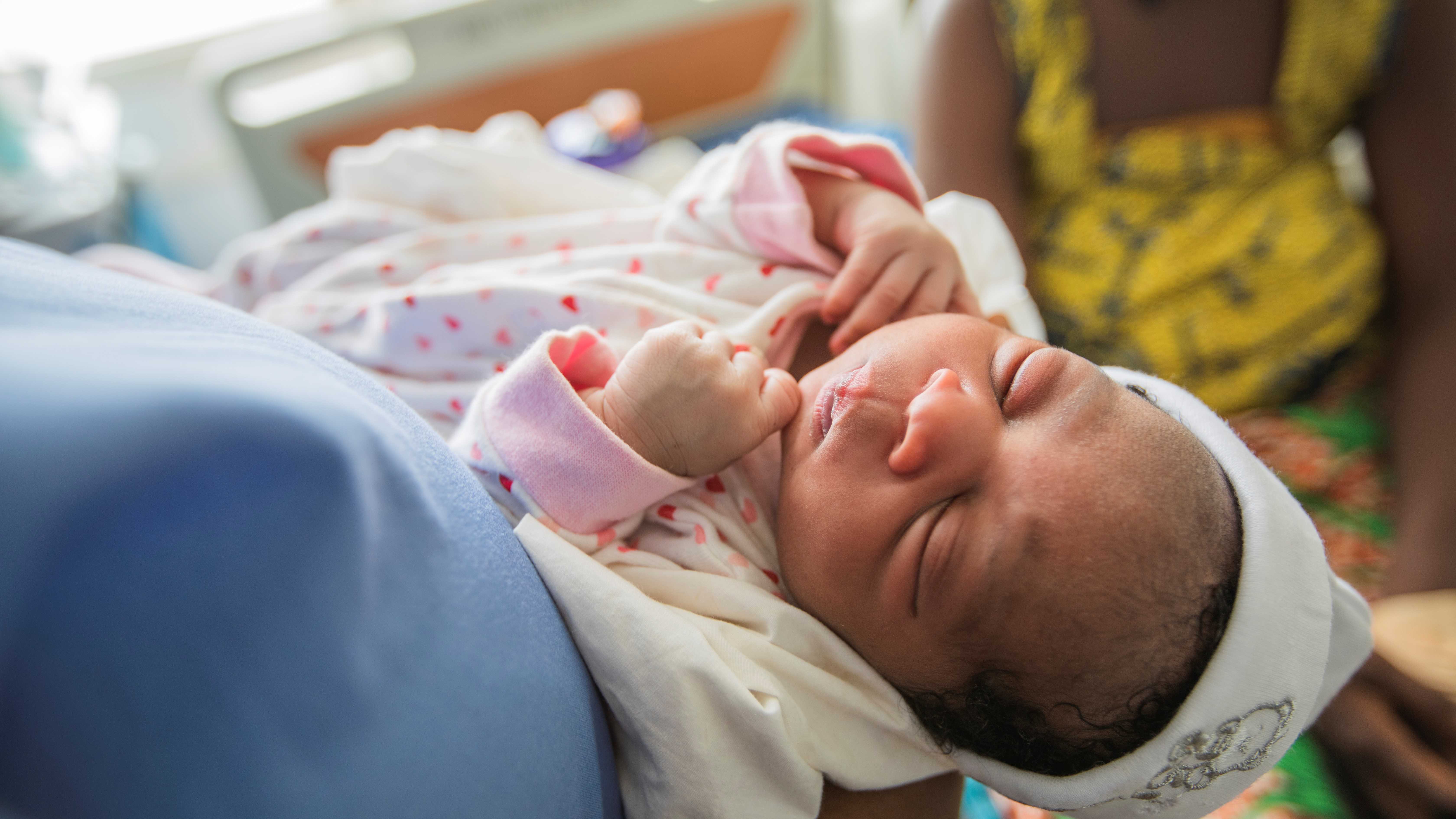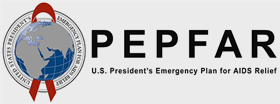
September 13 marked World Sepsis Day, an opportunity for the global maternal and child health community to raise awareness for this condition brought on by severe infection. Mothers, newborns, children and others with weakened immune systems are particularly vulnerable to sepsis. Health workers that care for these populations depend on the supply chain to deliver critical commodities to fight infection, prevent sepsis, and lower mortality and morbidity rates.
The USAID Global Health Supply Chain Program-Procurement and Supply Management (GHSC-PSM) project supports national governments as they work to ensure reliable access to these commodities. Specifically, GHSC-PSM provides guidance and technical assistance to countries as they procure, store and dispense the most effective commodities for preventing sepsis and saving lives. This includes forecasting and supply planning support, helping address distribution challenges and conduct last mile delivery, and training supply chain managers in more than 20 countries.
Some examples of commodities for which GHSC-PSM provides supply chain assistance to help fight infection for mothers and babies include
- Amoxicillin dispersible tablets, a cost-effective and easy-to-administer formulation that treats pneumonia infection (a leading cause of child mortality) in young children;
- Gentamicin, an injectible that treats severe infections in postnatal mothers, newborns and children; and
- Chlorhexidine digluconate 7.1% gel, used to clean and disinfect umbilical cord stumps to prevent life-threatening infection.
Countries with limited resources are working with GHSC-PSM to get these critical commodities into the hands of health workers and save the lives of mothers and babies. GHSC-PSM is currently working with the governments of Liberia and Mali to increase supply of newborn and child health commodities at the last mile. Read more here.


